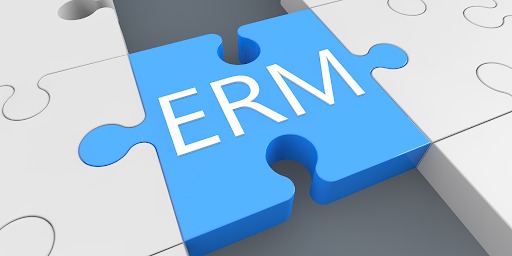Enterprise Risk Management
What Is Enterprise Risk Management (ERM)?
Enterprise Risk Management (ERM) is a comprehensive approach that organizations use to identify, assess, prioritize and manage all types of risks they may face in pursuit of their strategic objectives. ERM goes beyond just financial risks and includes a wide range of risks, such as operational, strategic, compliance and reputational risks. The primary goal of ERM is to enable organizations to make informed decisions about managing risks to achieve their goals while minimizing potential negative impacts.
ERM frameworks and standards, such as the Committee of Sponsoring Organizations of the Treadway Commission (COSO) ERM Framework or the International Organization for Standardization (ISO) 31000, provide guidance on implementing effective ERM practices.
Implementing ERM can help organizations proactively address risks, seize opportunities, and ultimately improve their overall resilience and long-term success. It is particularly important in today’s complex and dynamic business environments where risks can come from various sources and have far-reaching consequences.


FAQ
An ERM framework provides structured feedback and guidance to business units, executive management, and board members implementing and managing ERM programs.
Enterprise risk management brings together executive-level risk owners to manage the entire scope of an organization’s risks more effectively.
Key components of ERM:
- Risk Identification
- Risk Assessment
- Risk Mitigation and Management
- Risk Monitoring
- Risk Reporting and Communication
- Integration with Strategy
- Compliance and Legal Considerations
- Culture and Governance
- Technology and Tools
- Continuous Improvement
